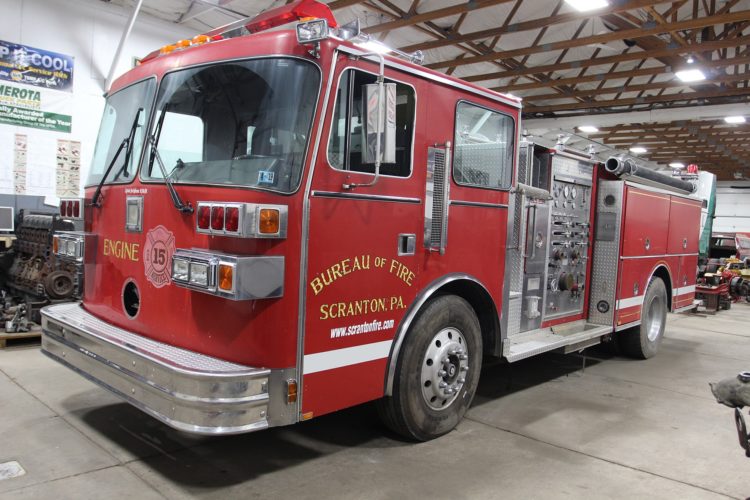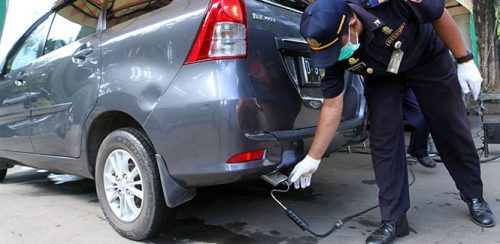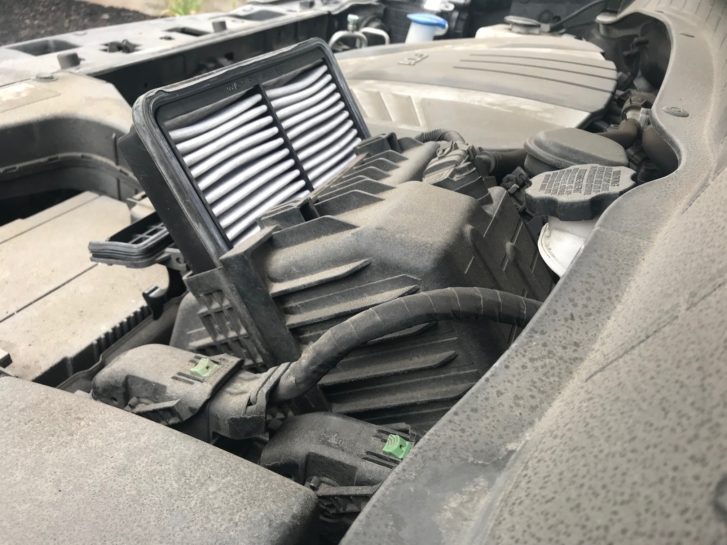The Villa Capri Cruisers Car Club, Inc. awarded a $1,000 scholarship to be given to a Johnson College Automotive Technology student. This year marks the 11th year for the scholarship by the club, which raises funds through donations, volunteer work, sponsorships, and annual calendar sales.
Johnson College’s two-year Automotive Technology associates degree program prepares students as entry-level technicians in the automobile and diesel industries. Graduates can work for employers in the automotive career fields of automotive, truck, farm, and earthmoving equipment dealerships; truck, power generation, and construction companies; automotive service centers; engine repair/machine shops; automotive equipment distributors; independent service garages; automotive parts manufacturers; sales representation; and auto insurance companies.
Pictured, front row, left to right: Karen Baker, Senior Director of College Advancement; Villa Capri President Joe Carra; Dr. Katie Pittelli, Johnson College President & CEO; Mike Macedonia. Back row, left to right: Dave Thomas, Patty Valvano, Frank Valvano, Nick Tielli, Mike Greenstein, and Charlie Leavesley.






